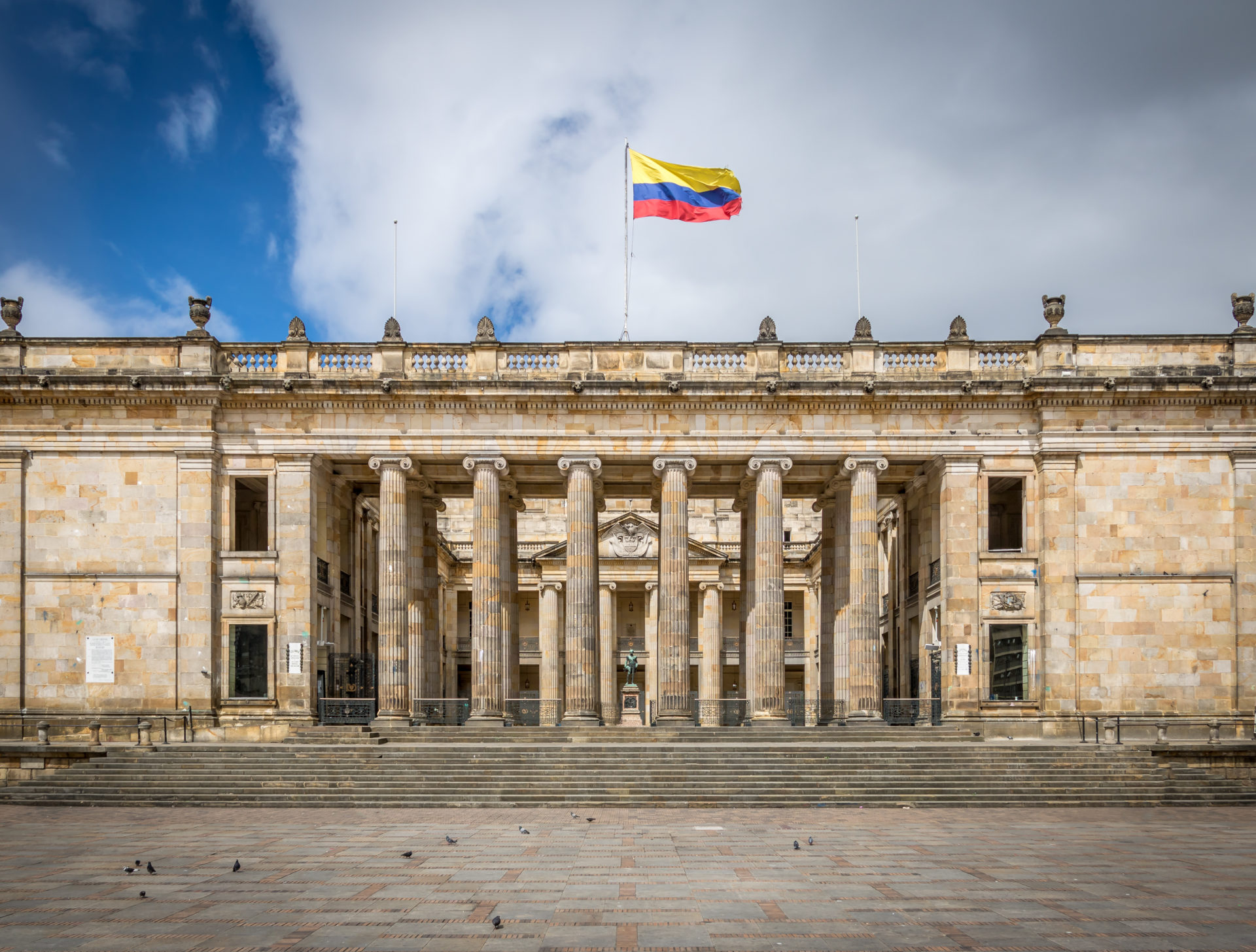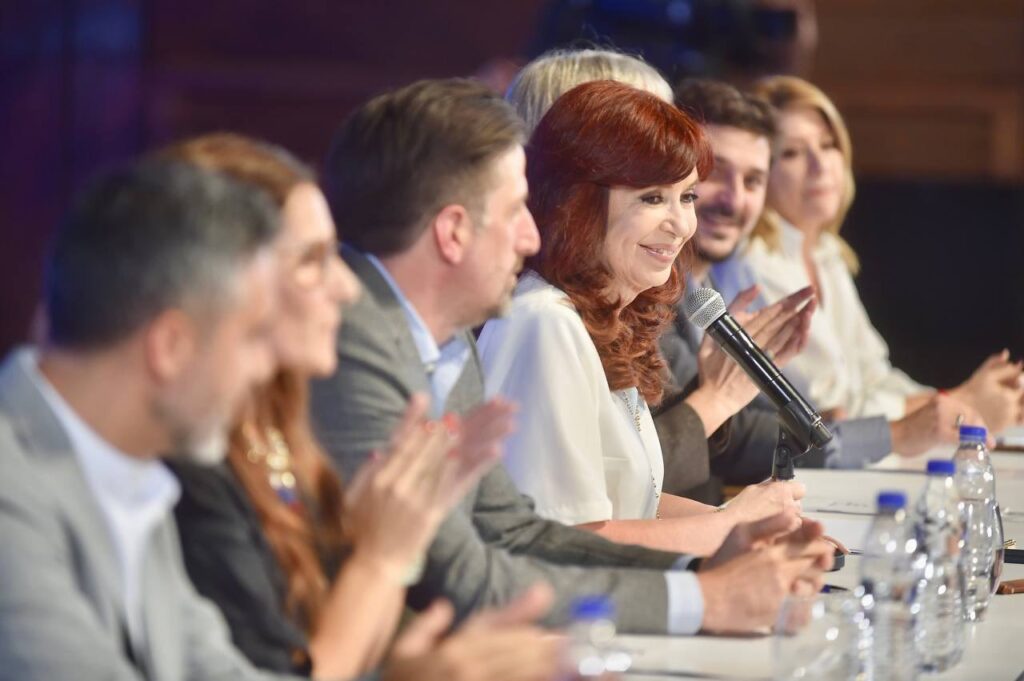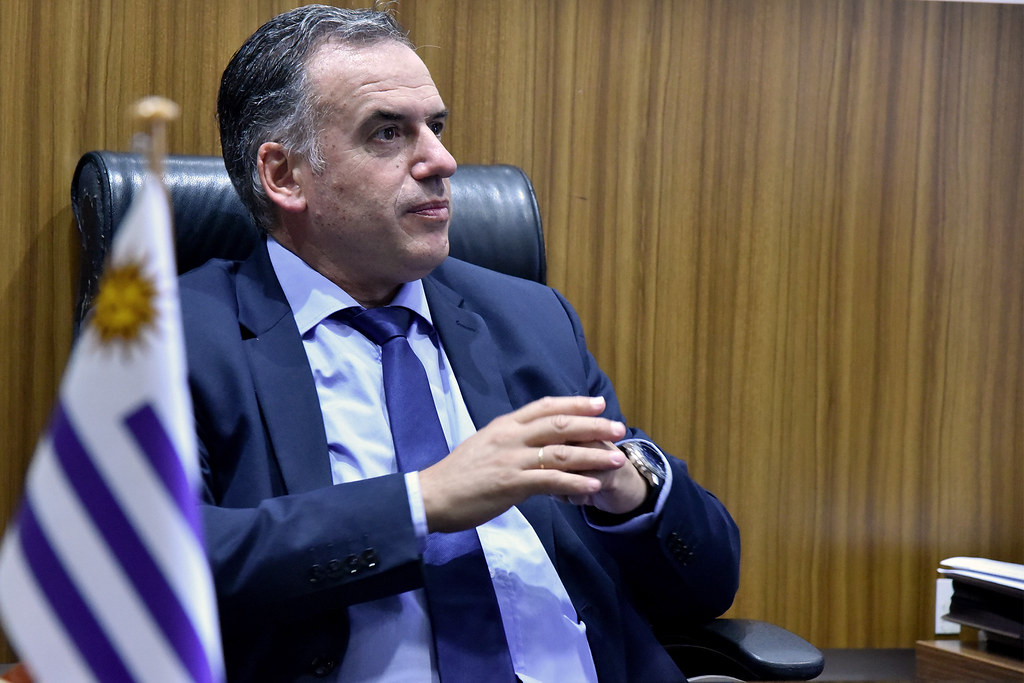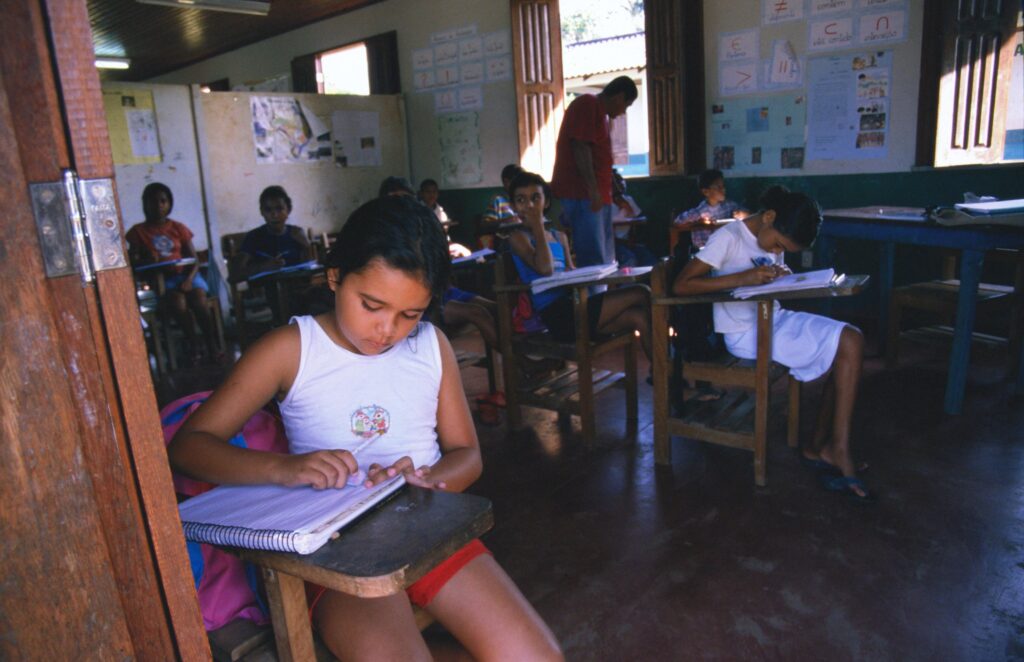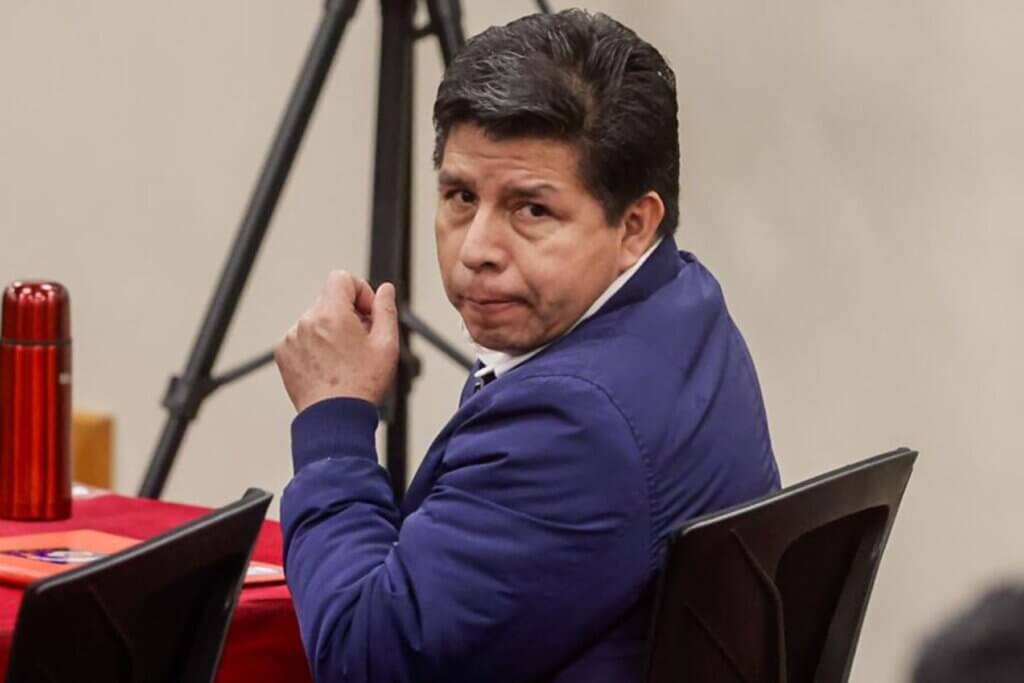Despite the efforts of the National Protection Unit to provide bodyguards and protection to public figures and President Iván Duque’s pledges to improve safety for those running in the elections, 34 acts of violence — not including threats — have been committed against candidates and pre-candidates since October 27, 2018. This figure includes 17 attacks, 16 murders and one kidnapping. It does not include the nearly 150 acts perpetrated against social leaders, party affiliates and civil servants during the electoral period.
With Colombia’s local elections approaching this Sunday, October 27, Latin America Reports spoke to Ángela Gómez Vega, an investigator for the political observatory at Colombia’s Electoral Observation Mission (MEO), a platform which promotes the freedom to exercise civil and political rights. Gómez explained the potential factors in the wave of political violence which has plagued the electoral period, after an initial spike that occurred in 2016 after Colombia’s peace agreement.
Read more: President Duque announces plans to strengthen National Protection Unit in the run-up to elections
According to political violence data published by the MEO, political violence is geographically concentrated in certain regions. Gómez attributes these tendencies to differing factors.
“Some of these territories [where acts of violence are concentrated] such as Antioquia, Chocó and North Santander, have historically suffered from issues of violence,” she said. “We believe that in these areas, conflict traditionally exists due to the presence of armed groups.”
In other territories, such as the north of Valle del Cauca and the Caribbean, Gómez noted that an increase in violence was only symptomatic of the electoral period, most likely influenced by the personal interests of those prepared to use violence to remain in power.
Colombia’s MEO expected that government efforts put in place after the 2016 peace agreement, such as using state forces to eliminate illegal economies, would reduce political violence in Colombia. “But, in fact, violence increased,” Gomez said. “Not only against candidates and pre-candidates running for position in these regions, but also against the social leaders and community leaders who have been trying to help the country reach a state of post-conflict.”
“Under [Duque’s] government, we have noticed that these areas haven’t been taken care of and the projects that were planned for them haven’t been properly implemented. The community fears that when the next politicians arrive in these territories this negligence could continue,” she added.
Essential to the understanding of political violence in Colombia is recognizing its indiscriminate nature. MEO data shows no clear tendency of a political party or sector being disproportionately targeted on a national level.
It does, however, show differing trends of violence according to department. In Bolívar, all candidates and pre-candidates who were victims of violence were from right-wing parties: Belisario Arciniega García and Luis Eduardo Caldera Villaminzar of Partido de la U were assassinated, while Kaleth Mejía Gaibao of Centro Democrático was attacked.
Meanwhile, in Cauca, victims of violence were mostly left-leaning or liberal figures. Rubén Darío Banguero of Partido Colombia Renaciente was attacked, and Karina García Sierra and Yeison Obando of the Partido Liberal were both assassinated in the municipality of Suarez.
When Latin America Reports asked Gómez about these trends by department, she explained that in Cauca, left-wing figures were targeted partly due to the presence of Revolutionary Armed Forces of Colombia (FARC) dissidents and other leftist armed groups such as the National Liberation Army (ELN) in the region. This has sparked suspicions not only of left-wing candidates but also of social and community leaders, as Cauca is the department where most social leaders have been murdered.
However, Gómez was quick to signal that political ideology was often not the main motive behind violence in Cauca. “The presence of armed groups fighting for control over narco-trafficking in the department puts the lives of all social and political figures at risk,” she said. “These groups will target anyone who opposes their interests, regardless of political party or ideology.”
As for the department of Bolívar, Gómez pointed out that whilst violence in the south of the region could potentially be ideologically-motivated, in the city of Cartagena it appears that personal interests have been the main factor. The concern, she claimed, is that armed groups in the area are seeing which candidates best suit their interests, and then bullying the rest.
In response to the violence, Gómez explained that citizens themselves could make a big difference by tackling issues of stigmatization, which often results in politicians or social leaders being accused — without evidence — of being guerrilla fighters.
“When a candidate is accused of being a guerrilla fighter or a paramilitary, it generates a very strong discourse of hatred,” she said. “We need to eliminate this kind of discourse which legitimises violence.”
Gómez also emphasized that citizens can also exercise their right to vote as a form of protest, “showing those who commit acts of violence that we citizens are stronger than they think.”


